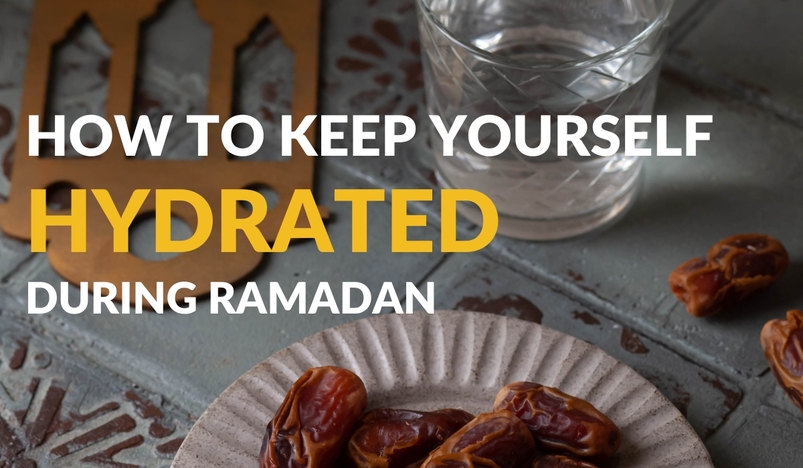
How to Keep Yourself Hydrated During Ramadan
Ramadan is greeting us in two days and Muslims all around the world are preparing for the holy month. But along with committing to the fasting routine, it is important to take care of your health at this time, especially to keep a watch on hydration.
Summer is beginning and fasting will increase the risk of dehydration which will lead to fatigue and nausea.
Children, the elderly, patients with diabetes, kidney or other chronic diseases, as well as individuals who perform physical activity under the sun, are at a higher risk of dehydration.
Other dehydration risk factors are diseases accompanied by diarrhoea, vomiting, high fever or an increase in urine flow.
Severe dehydration starts with symptoms such as an extremely dry mouth, dry and wrinkled skin, feeling sluggish, lack of concentration, general fatigue, oversleeping, difficulty urinating, constipation, and cardiac arrhythmia.
Individuals who experience any of these symptoms or are suspected of having dehydration are urged to consult their physician immediately.
The following tips and advice from HMC can help avoid dehydration during the month of Ramadan:
By following the official advice of HMC, you will be sure to have a great and healthy Ramadan.
.jpg)
Qatar Secures Place Among the World's Top 10 Wealthiest Nations
.jpg)
Hamad International Airport Witnesses Record Increase in Passenger Traffic

Saudi Arabia: Any visa holder can now perform Umrah

What are Qatar's Labour Laws on Annual Leave?
Leave a comment